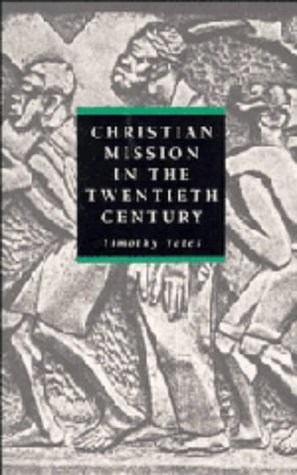Good News for Women: A Biblical Picture of Gender Equality
Written by Rebecca Merrill Groothuis Reviewed By Thomas R. SchreinerThe veritable flood of books on the role of women continues, and there is no sign of the flood abating. Since books and articles on this topic are exceedingly common, we need to discern at the outset the distinctive contribution of any new work on the issue. Ploughing old ground at this point in the discussion is not fruitful for readers or writers. One of the virtues of this book authored by Rebecca Merrill Groothuis is that she has written one of the clearest books in defense of egalitarianism. If readers desire a lucid and logically forceful case for egalitarianism in a volume that is of moderate size, then Groothuis’ book is the one for them. The work is divided into two relatively equal parts. In the first section of the book Groothius makes a sustained case for her notion of equality. She titles the first part of the book. ‘The Biblical Case for Gender Equality.’ In the second part of the book she interacts with texts which are advanced by traditionalists, titling this part, ‘Assessing Traditionalist Proof Texts’.
In my estimation the second part of her book does not warrant its publication. Her response to the biblical texts is essentially a retread of arguments which are quite familiar to those engaged in the discussion. The contribution of the book surfaces in part one, and what she says here drives the engine of the entire book. Groothuis argues at some length that the notion that women are subordinate in role but equal in essence is logically fallacious. She notes that subordination in and of itself does not necessarily connote inferiority of being. For example, children for a certain period of their lives are subordinate to their parents. But if anyone insists that all women, in all circumstances and for all their lives are subordinate to men, then (says Groothuis) it follows that women are inferior to men. Traditionalists have not been willing to face the fact, according to Groothuis, and thus they have equivocated in saying that women are equal in being and essence and yet have a different role. The only way to preserve a truly biblical view of equality, says Groothuis, is to recognize that equality of essence between men and women also involves equality opportunity. This is not to say that all women are qualified to serve, say, as pastors. Her point is that all roles must in principle be open to women, and if women have the ability and talent to fulfill the task under consideration, then they should not be prevented from fulfilling that role merely because of their gender.
Groothuis’ book certainly merits a detailed response, but that is not possible here. The fundamental flaw in the book is that biblical exegesis is not the foundation of her argument. Even though part one is titled. ‘The Biblical Case for Gender Equality’, there is scant evidence that biblical interpretation informs her discussion, nor is it at all clear that Groothuis derives her view of equality from the biblical text. She brings to the text her western, democratic, and enlightenment view of equality (p. 46), and her whole argument flows from this philosophical starting point. It is instructive, therefore, that when she confronts the biblical texts in part two, she often reminds readers that more than one view of the passages in questions is ‘possible’. And given her view of equality, it is unsurprising that the egalitarian view wins out. The structure and argumentation of the book illustrate the point being made, for her philosophical notion of equality informs the first part of the book, and then analysis of the biblical texts follows. Many texts, of course, have more than one ‘possible’ meaning, but the task of the interpreter is to discern which view is the most probable. For example, it is certainly ‘possible’ that the word kephale means ‘source’. But the improbability of such a definition has been demonstrated by the thorough studies by Grudem and Fitzmyer, articles which Groothuis does not even mention in her endnotes. I am unpersuaded that Groothuis’ work reveals a patient listening to the text to see what is really there, even if that word is alien to our culture. The model utilized is not faith seeking understanding, but reflects a method where one’s understanding is imposed on faith. I realize that different opinions exist on the role of women in evangelical circles, and thus what worries me more than the conclusions in the book is the method employed. If applied to other areas of evangelical theology, the effects would be deleterious indeed.
Thomas R. Schreiner
Tom Schreiner is James Buchanan Harrison professor of New Testament interpretation at The Southern Baptist Theological Seminary in Louisville, Kentucky.







